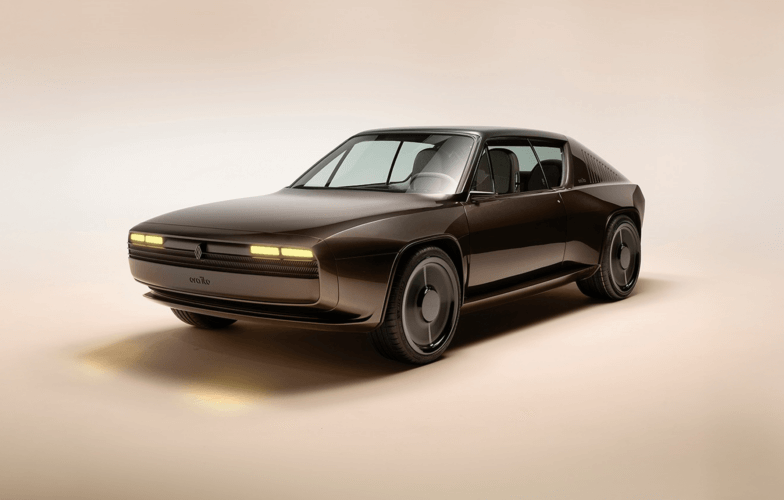
Recovery from the digital binge
DecodingsDigital is no longer a utopia but, in a day and age marked by “environmental alphabetization”, an instrument that has been increasingly relativized from the ethical, intellectual and collective standpoint.
In November 2018, the CEO of Google LLC Sundar Pichai made a sort of admission that resounded in The New York Times: “Technology doesn’t solve humanity’s problems. It was always naive to think so.”
Two years ago, Vice UK said that the internet has stopped being fun (“Not Going Online Is The New Going Online“) whereas the Harvard Business Review, more pragmatic, observed that there are things in each period that seem new and marvelous to contemporaries but unexciting and banal to future generations. Plastic is a good example and, according to the American author Greg Satell, digital will be no exception.
While digital has become THE source of fluidity and human connections over the last thirty years, the NYT has already referred to its descent into banality, pointing out that, for many, real luxury is no longer associated with the possession of digital tools but with consumers’ ability to do without them, putting the accent on human contacts. In other words, while it looks like the future is going to be shaped by the use of digital on a massive scale, at least some consumers are rethinking its role in and impact on their life. A great awakening for private and collective life
Last year marked a tectonic turning point in public awareness of the need to protect one’s privacy and security in a digital world. The media (e.g. Wired magazine) called this phenomenon “the great privacy awakening”, triggered by the Cambridge Analytica scandal.
The much-noted op-ed essay by Chris Hughes – co-founder of Facebook – in the NYT entitled “It’s Time to Break Up Facebook” takes criticism of web monopolies to a new level. At the same time, consumers are realizing that they have absolutely no idea what ingredients go into their daily digital diet, a fact that has given rise to stirrings of dissonance.
The capture of personal data – like exposure to advertising earlier – seemed a small price to pay, but many see the social cost (cf. the “Internet Health Report 2019”) as a real threat to liberty and human rights.
There are fears that a generational cognitive decline is underway and that the screen time spent by young people represents a real public health risk. Taking all of these elements into consideration, Gen Z – which marketers have analyzed and called the generation with an “8-second filter” – is exploring the topic of cyber-minimalism, perceiving non-connectedness as a solution to the deterioration of social relationships. As explained in Digital Minimalism, a book published in the U.S., the idea is to “choose a focused life in a digital world”.
More generally, there is a feeling that the internet, especially the social media, has engendered a society whose aspirations no longer primarily bear on transmission but on appearances, which this goes counter to the digital revolution’s initial objective of democratizing access to information.
Otherwise, allusions to the dark side of digital are also making its way into the cultural arena, including audiovisual content. For specialists, a current of digital resistance is underway. On the institutional front, Karine Mauvilly, the author of “Cyberminimalisme”, refers to the French law of 2016 authorizing workers to disconnect from professional digital tools outside working hours, adding that she’d be interested in a right to “not connect” as a way to foster social relationships.
“Low tech” and the new age of moderation
In 2019, the “tech for good” current continued to make headway, with various initiatives flying the colors of the “low tech” intellectual movement. This trend is very much in step with the Blue Economy business model advocated by Gunter Pauli. The idea is to restore autonomy, inform consumers about digital uses and politicize the issues at hand, reorienting digital towards primary needs and eliminating “friction”. This subject was covered at length this year at SXSW, seeking to redefine the contours of a customer relationship that places greater emphasis on the human factor.
Originally, the term “low tech” was popularized by the economist Ernst Schumacher in “Small is Beautiful” (1973). Today, a new sense of awareness is finding expression in the work of research collectives (e.g. L’Hermitage, MYNE and Nomades des Mers) and design consultants (e.g. Ghara, specialized in the design of eco-friendly homes).
Clément Chabot, co-founder of The Low-Tech Lab in France, thinks that “in this sector – over and above the rise of clean tech, intended to help repair damage to the environment – proximity and autonomy will be at the center of future interactions. The value-added is simple. By relocating and downsizing technical systems, their management can be simplified and made more visible.”
What about brands? Henceforth, they will need to keep in mind that internet burnout is on the rise and find ways to help their customers get back to the real world. At the same time, they need to see that their technology does not clash with consumer demand for digital and environmental minimalism.
Cover © Mozilla Foundation / Internet Health Report



